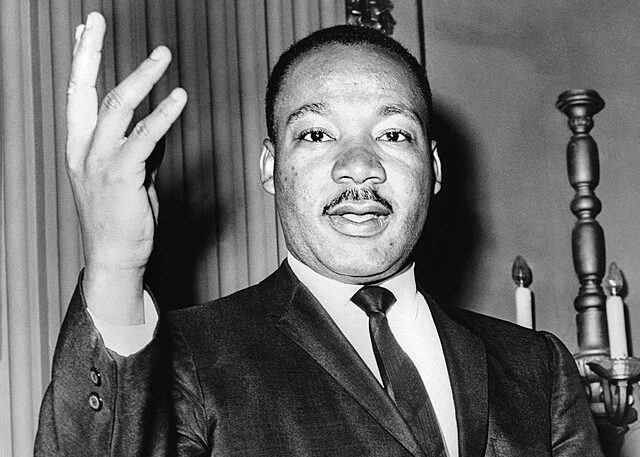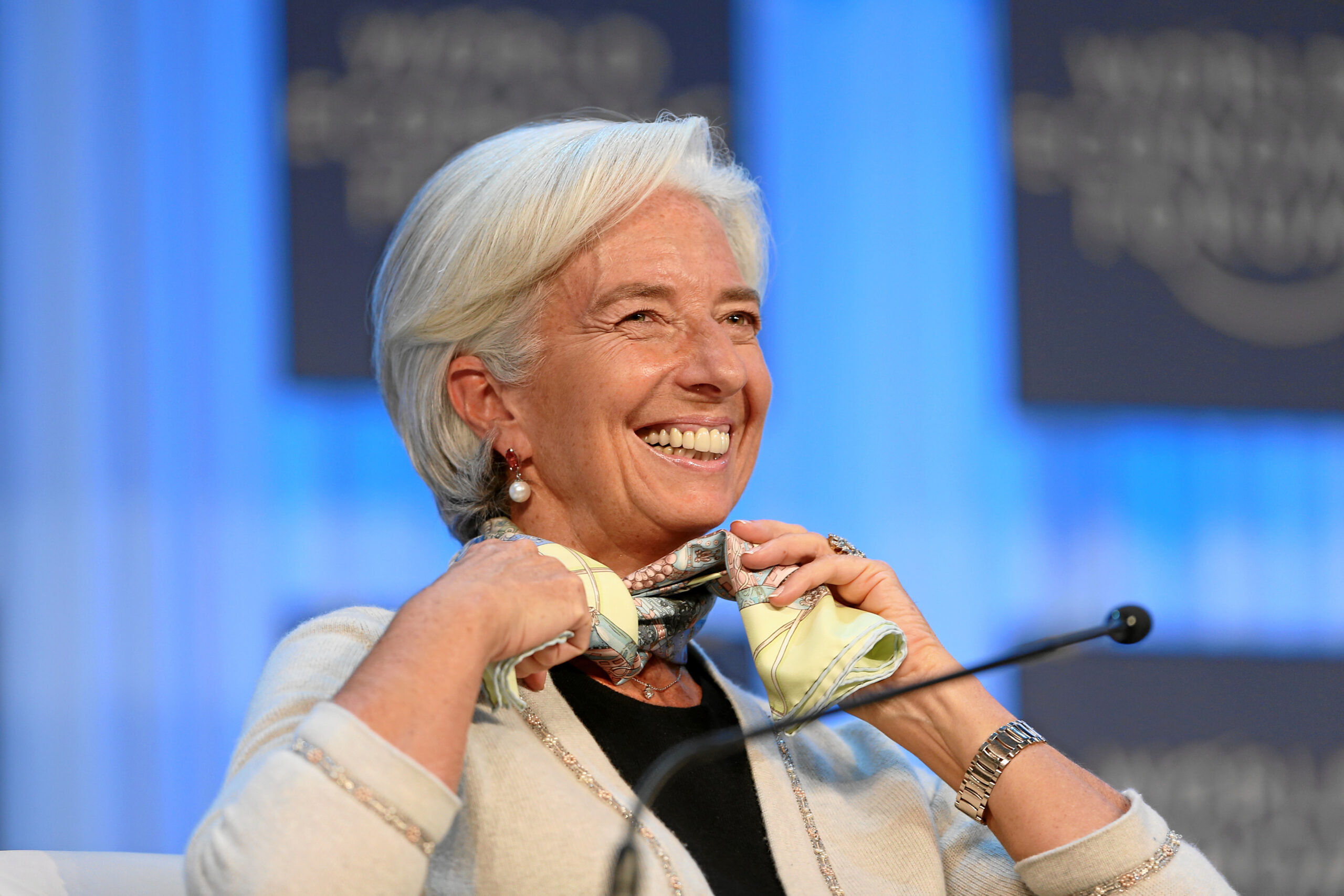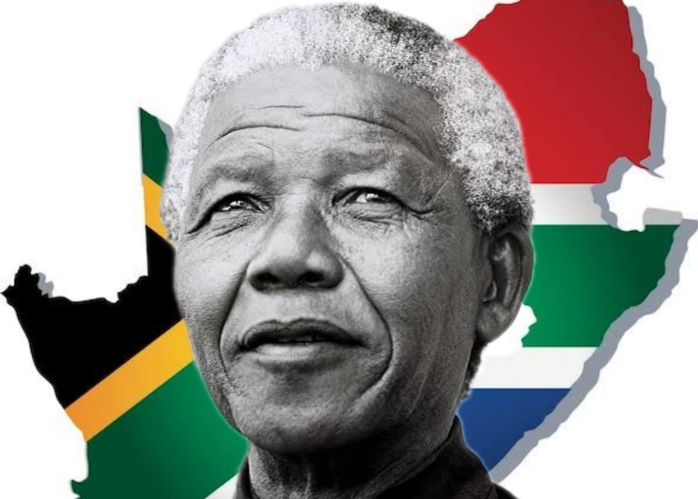Martin Luther King Jr., a prominent civil rights leader and an icon of the American civil rights movement, is celebrated for his tireless efforts in advocating for racial equality and social justice. However, his life was not without controversies and challenges.
FBI Surveillance: An Intrusive Shadow on a Leader’s Journey
Martin Luther King Jr., a revered figure in the American civil rights movement, faced relentless FBI surveillance orchestrated by J. Edgar Hoover. The government agency amassed extensive files on King, seeking to undermine his credibility and reputation, casting a dark cloud over his tireless advocacy for racial equality and social justice.
Communist Allegations: Casting Doubts on the Advocate’s Integrity
Detractors, including the FBI, leveled accusations of King’s ties to the Communist Party, exploiting them to tarnish his image and discredit his civil rights efforts. The red scare and Cold War anxieties further fueled skepticism about his motives and dedication to the cause.
Allegations of Plagiarism: Scrutinizing the Academic Foundation
In the 1980s, revelations emerged that sections of King’s doctoral thesis and certain speeches contained allegedly plagiarized passages. The integrity of his academic work and the originality of his ideas were brought into question, leading to debates about his scholarly merit.
Marital Infidelity: Shadows on the Moral Beacon
Despite his role as a Baptist minister and a moral leader, King faced allegations of extramarital affairs. Controversial allegations of extramarital affairs and infidelity have been made against King. In 1998, the FBI released documents suggesting that King engaged in extramarital relationships. These revelations not only strained his personal life but also complicated his public image, challenging the perception of his moral authority.
Nonviolent Philosophy Criticism: A Struggle for Consensus in the Movement
Criticism emerged from civil rights activists and advocates of the Black Power movement who believed that King’s commitment to nonviolent resistance was inadequate to achieve racial justice. Debates ensued over the effectiveness and necessity of more assertive methods.
Tensions with Malcolm X and Black Power Movement: Ideological Fractures within the Movement
King’s approach to civil rights differed significantly from that of Malcolm X and other leaders of the Black Power movement. These ideological disparities led to tensions and debates within the African American community, further complicated by differing visions for the path to equality.
Support for Vietnam War: Balancing International and Domestic Concerns
King’s opposition to the Vietnam War was met with disapproval from segments of society who believed he should concentrate solely on civil rights issues. The intersection of international conflicts and domestic struggles posed dilemmas for the movement.
Support for Labor Strikes: A Unifying Voice in Struggles for Workers’ Rights
King’s support for labor strikes and workers’ rights encountered opposition from business leaders and conservative groups who perceived his involvement as a threat to economic stability. His advocacy for economic justice added further complexity to his role in the movement.
Influence of Bayard Rustin: Addressing Prejudice in the Midst of Social Change
King’s association with Bayard Rustin, an openly gay civil rights activist, was a source of controversy during a time when homosexuality faced widespread stigma. The recognition of Rustin’s influence on King’s leadership reflected the need for inclusivity in the movement.
Criticism from White Moderates: Straddling the Divide for Racial Integration
King’s unwavering advocacy for civil rights and desegregation faced criticism from white moderates who preferred a more gradual approach to racial integration. The pushback from this segment highlighted the complexities of gaining support across racial lines.
Legacy and Memorialization: Balancing Reverence and Complexity
Over the years, debates have ensued regarding the appropriate memorialization of Martin Luther King Jr. Some advocated for a sanitized version of his legacy, while others sought a more comprehensive understanding of his complexities. Balancing reverence with a nuanced portrayal remains an ongoing endeavor.
Martin Luther King Jr.’s life and legacy epitomize the intricate challenges faced by leaders in the midst of significant social movements. While controversies may shroud his journey, his lasting impact on civil rights, human rights, and social justice continues to inspire generations, forging a path towards a more just and equitable society. His dream of a united and inclusive America serves as a guiding light in the ongoing struggle for equality.




